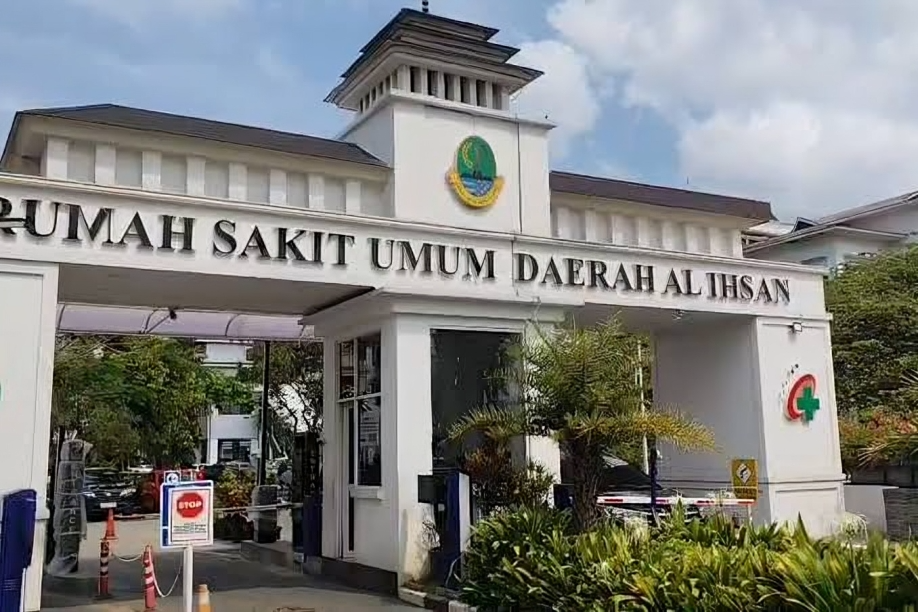UNAIR NEWS – West Java Governor Kang Dedi Mulyadi (KDM) has stirred public debate by renaming the regional public hospital RSUD Al-Ihsan to Welas Asih. The change is intended to reflect local cultural values within the healthcare system. The decision has sparked a range of responses from the public, with both supporters and critics voicing opinions.
Commenting on the issue, Dr. Listiyono Santoso, S.S., M.Hum., a lecturer at Universitas Airlangga’s Faculty of Humanities (FIB), said the move symbolically brings local identity into public spaces while emphasizing cultural inclusivity. In his view, such policies offer a form of cultural neutrality that also highlights the universality of local wisdom.
Cultural perspective
Santoso believes the decision stems from a cultural, rather than administrative, perspective. Naming public institutions with local-language terms, he explained, fosters a stronger emotional connection between the community and public spaces. He emphasized that the question isn’t about necessity, but rather about KDM’s broader cultural vision as a Sundanese leader.
“The goal here is to make the Sundanese cultural identity more visible in the public realm. A similar concept was applied during Gus Dur’s presidency, when the idea of ‘pribumisasi’ sought to embed local identity within public discourse,” he said.

Religious context and neutrality
Santoso added that public buildings owned by the state should ideally remain neutral. While using Bahasa Indonesia as the national language for naming public institutions is generally appropriate, highlighting local identity in alignment with cultural norms is also acceptable.
“This decision doesn’t necessarily dismiss religious values. But because it was introduced by KDM, some may interpret it through a religious lens. Instead, it should be seen in the broader context of a leader’s cultural outlook,” he explained.
Reflecting on past trends, Santoso pointed to the 1960s, when many Islamic boarding schools changed their names from local references to more Arabic-sounding names, driven by evolving cultural influences. He sees that shift as part of a natural cultural process.
“Any public asset—whether communal or state-owned—should maintain neutrality and not reflect allegiance to any specific group. What KDM is doing is fostering a sense of shared ownership among West Java residents, ensuring public spaces are inclusive and welcoming to all,” he concluded.
Author: Rifki Sunarsis Ari Adi
Editor: Khefti Al Mawalia









